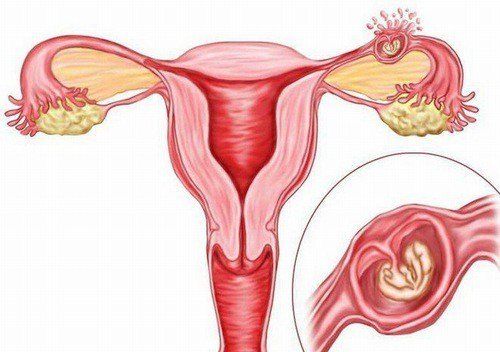Nội dung bạn đang tìm kiếm không có phiên bản tiếng Việt.
Vui lòng chọn tiếp tục để xem nội dung tiếng Anh hoặc đi đến trang chủ Tiếng Việt.
Rất xin lỗi về sự bất tiện này.

Home
Tag Obstetric complications
Articles in Obstetric complications

Possible complications after surgery for ectopic pregnancy
Ectopic pregnancy often requires surgery in cases where it is detected late, such as when the uterus ruptures, causing severe bleeding. If the patient does not adhere to the prescribed treatment and doctor's advice after the procedure, complications such as high fever, abdominal pain, and surgical site bleeding may occur, leading to poor wound healing and delayed recovery.
Xem thêm

Is It Worrisome to Fall During Pregnancy?
Pregnancy not only alters a woman's body but also changes the way she walks. The shift in center of gravity makes it difficult for pregnant women to maintain balance. This concern about falling is common among expectant mothers.
Xem thêm














